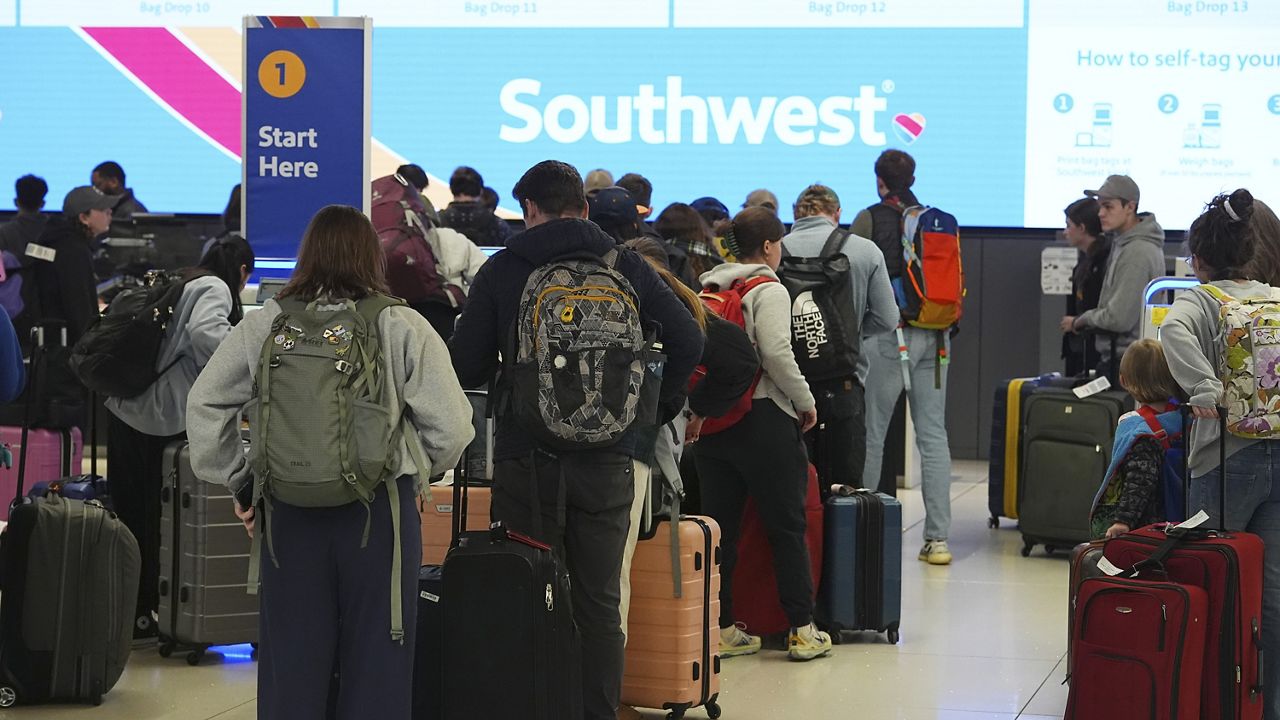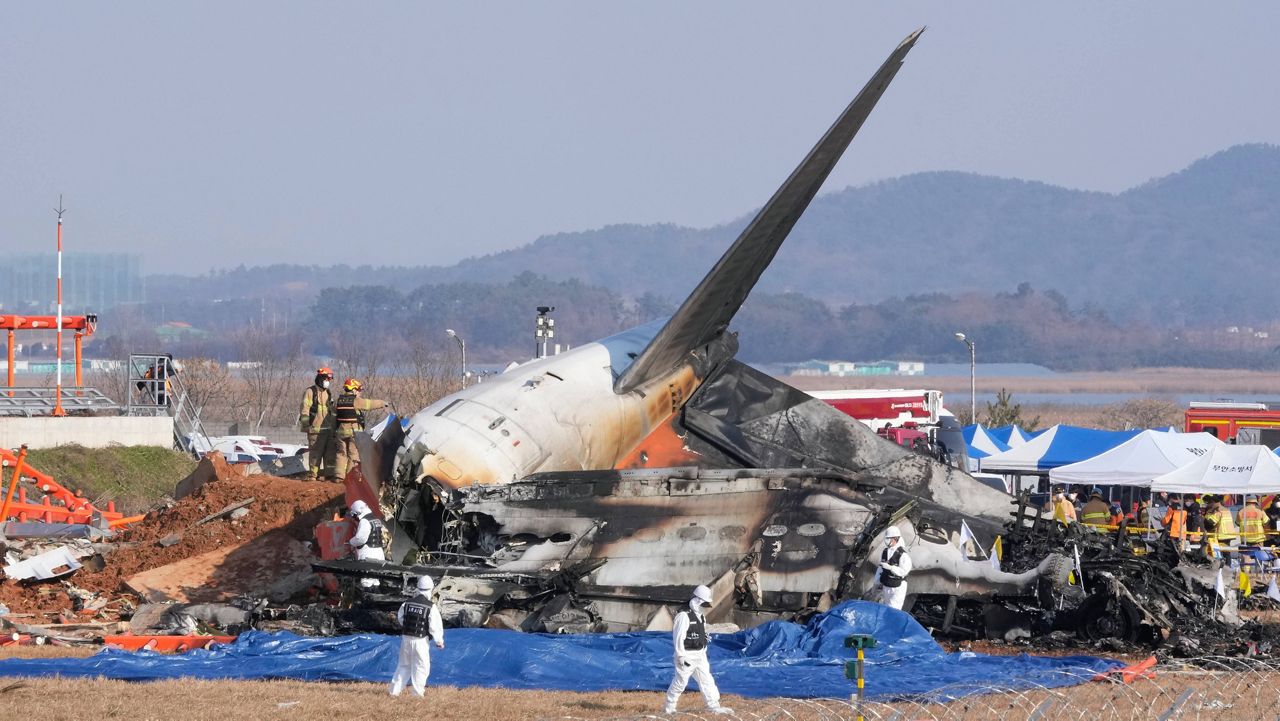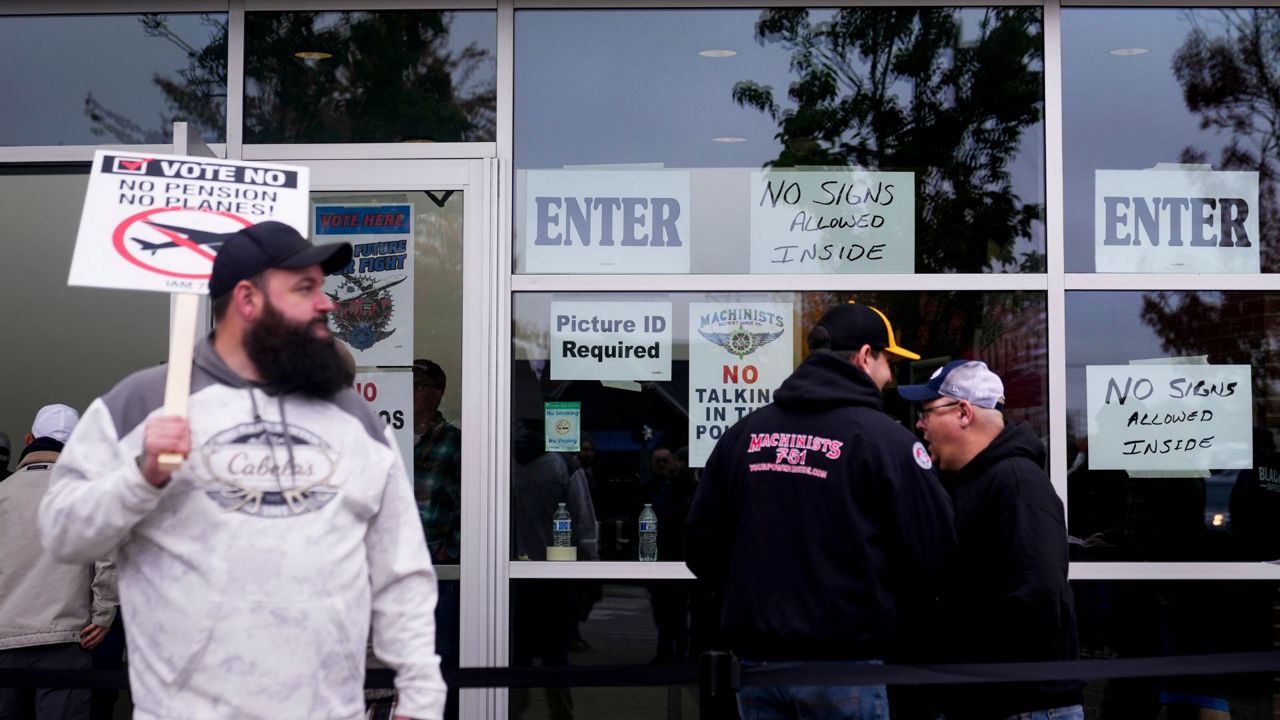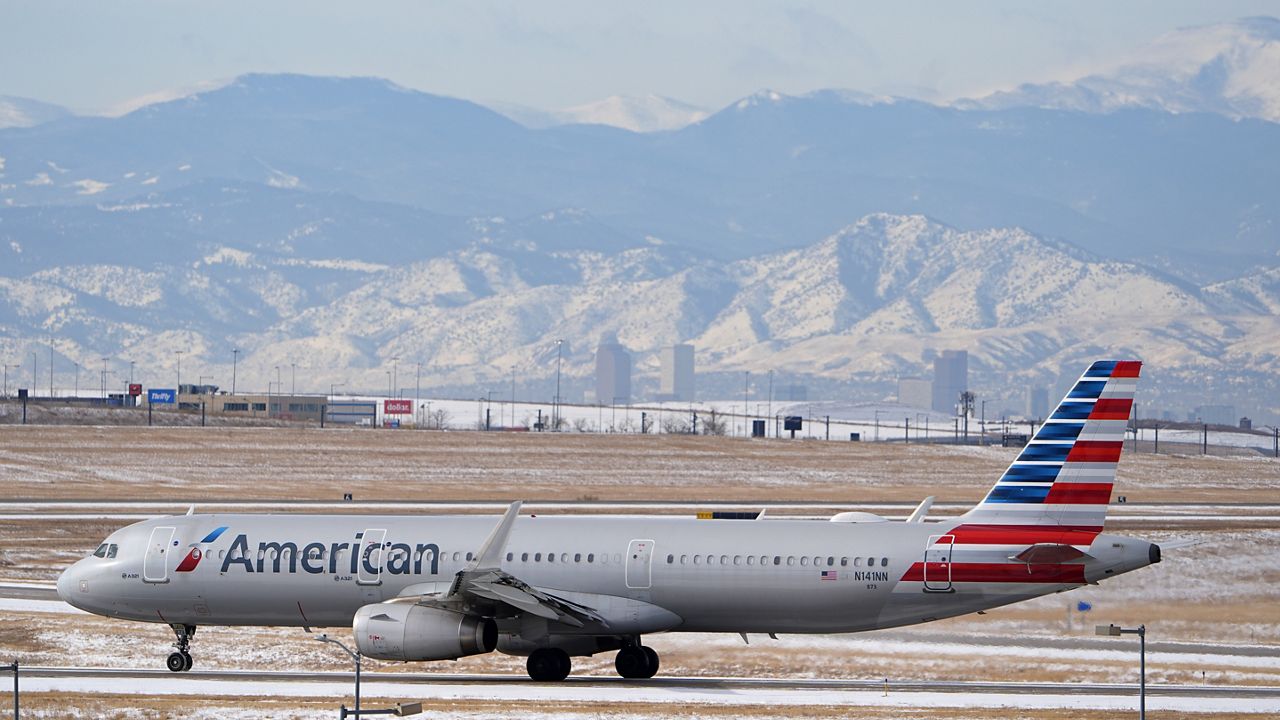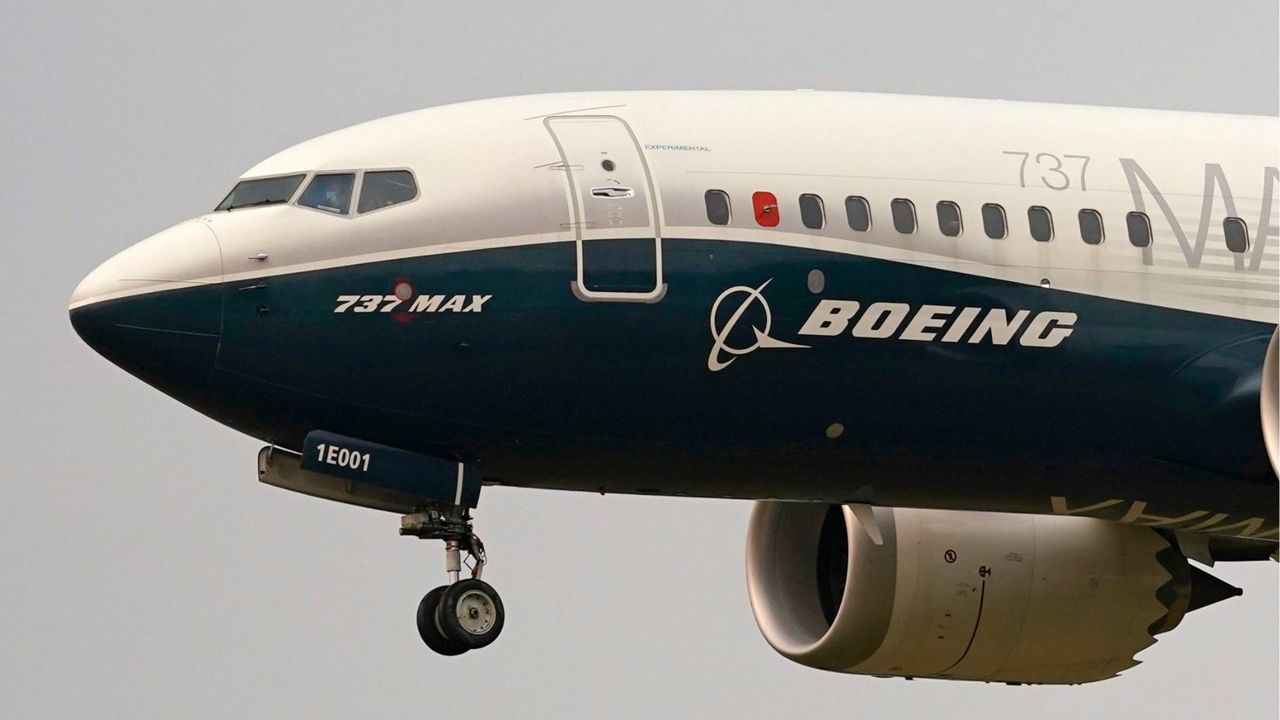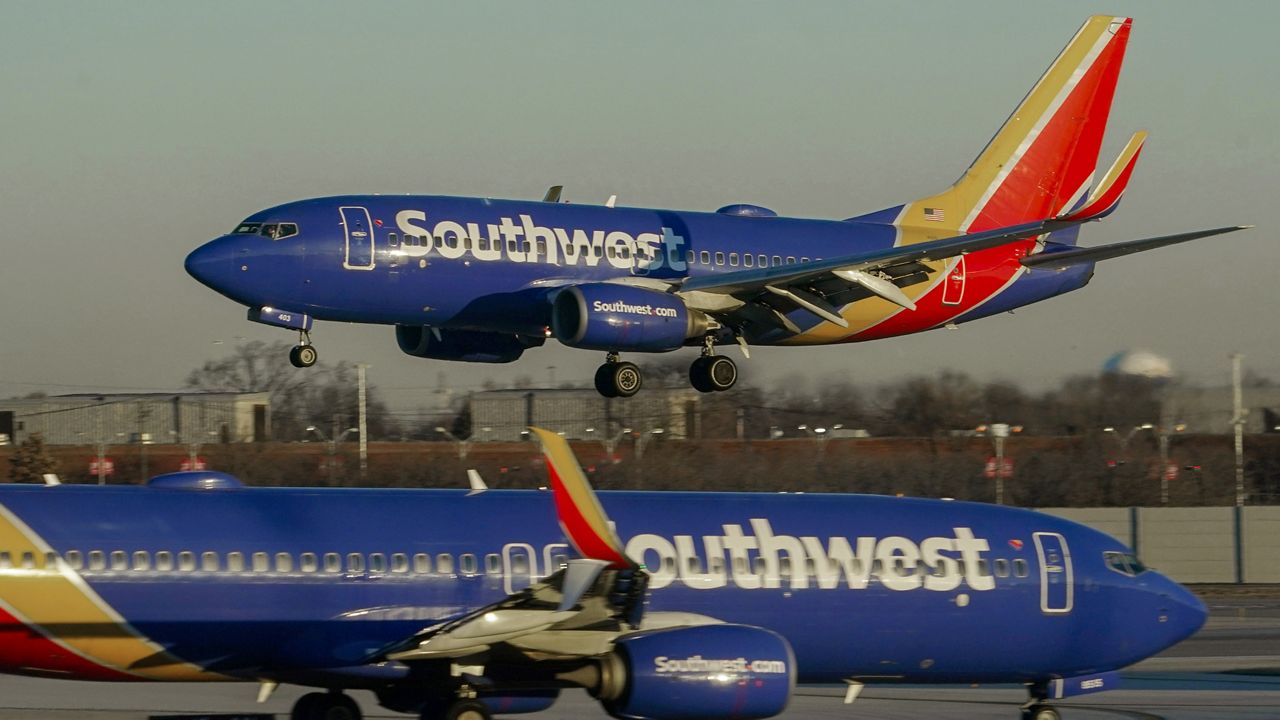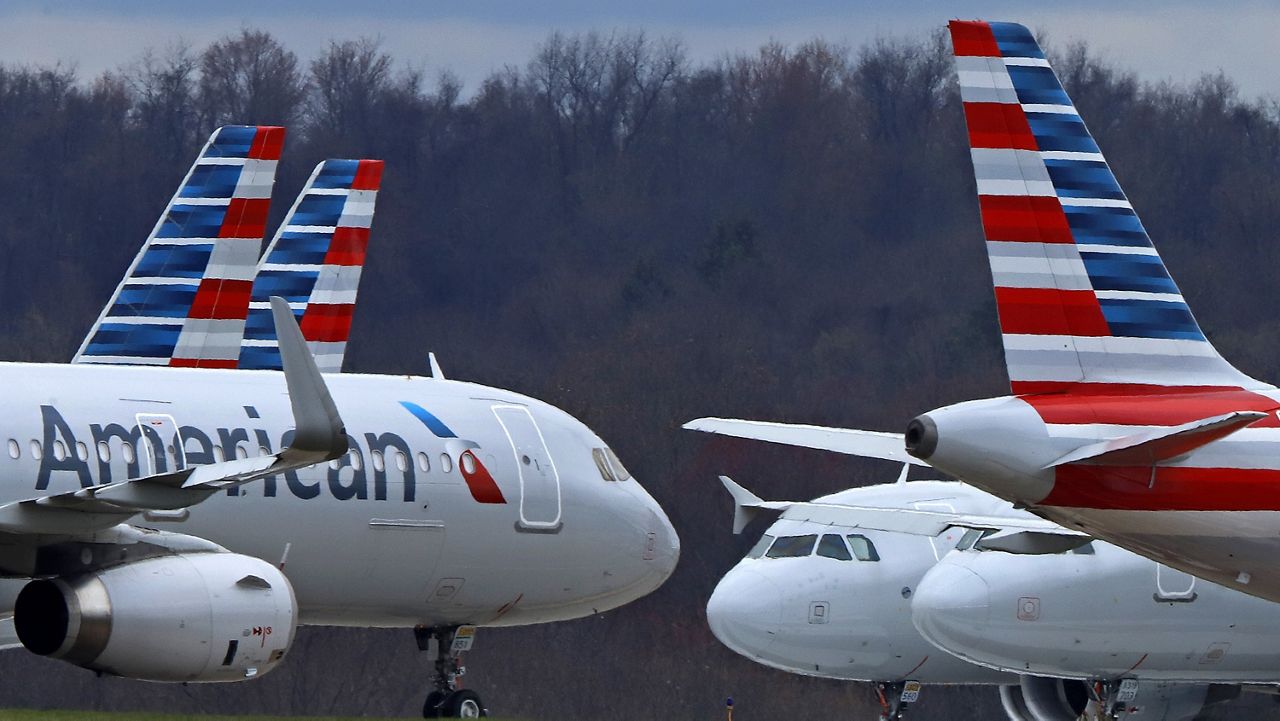Southwest Airlines is hitting the pause button on some of its hirings, internships and employee events this year as the company looks to lower costs.
“We are limiting discretionary costs, including holding on the Southwest Rallies for this year, as we focus on reducing costs,” the company said in a prepared statement on Tuesday. “We’re also pausing on most summer internship positions (honoring offers already made) and pausing all noncontract internal and external hiring.”
Southwest said that it will continue to evaluate its hiring needs on an ongoing basis to determine when it makes the most sense to restart hiring.
Back in September Southwest announced that it would revamp its board and that its chairman would retire in 2025, in a partial concession to hedge fund Elliott Investment Management, which has been pushing for changes at the airline.
Elliott, the fund led by billionaire investor Paul Singer, has built a minority stake in Southwest and advocated for changes it says will improve the company’s financial performance and stock price.
The two sides reached a settlement in October. At the time, Southwest said that Chairman Gary Kelly and six board members would depart on Nov. 1 and be replaced by five Elliott-backed candidates and a former Chevron executive.
Southwest was a profit machine for its first 50 years — it never suffered a full-year loss until the pandemic crushed air travel in 2020. Since then, the company has been more profitable than American Airlines but far less so than Delta Air Lines and United Airlines.
Southwest was a scrappy upstart for much of its history. It operated out of less-crowded secondary airports where it could turn around arriving planes and take off quickly with a new set of passengers. It appealed to budget-conscious travelers by offering low fares and no fees for changing a reservation or checking up to two bags.
But Southwest now flies to many of the same big airports as its rivals. With the rise of “ultra-low-cost carriers,” it often gets undercut on price.
As part of its efforts to turn the business around, Southwest has announced plans to increase revenue by converting nearly one-third of its seats to premium ones with extra legroom. It will also begin assigning seats — ending the longtime practice of letting passengers pick their own seats after boarding the plane. And it is pursuing partnerships with international airlines, starting with Icelandair, to offer destinations beyond North America and Central America.
In November, the Dallas-based airline offered buyouts and extended leaves of absence to airport workers to avoid what it called “overstaffing in certain locations,” which it blamed on a shortage of new planes from Boeing.
Shares of Southwest rose slightly in morning trading.





